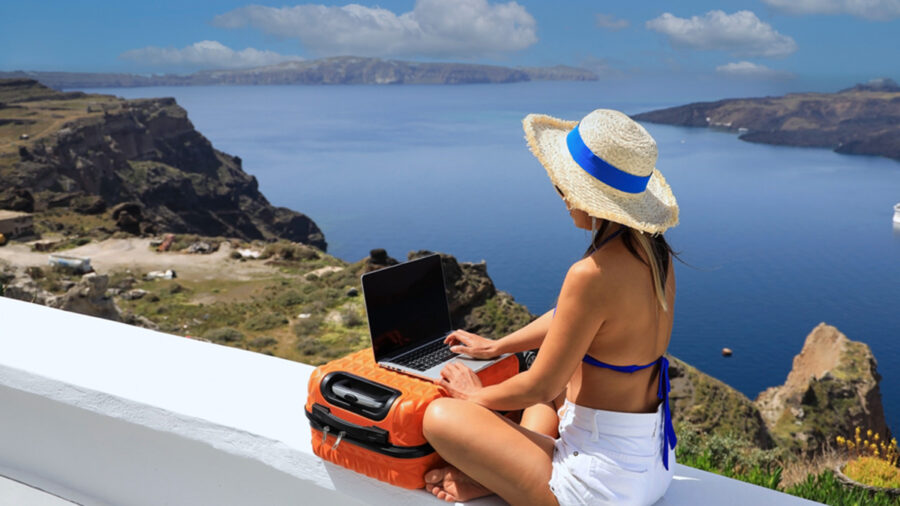
Tips for South Africans on living in: MALTA
Some tips from a South African in Malta on living on the magical island…
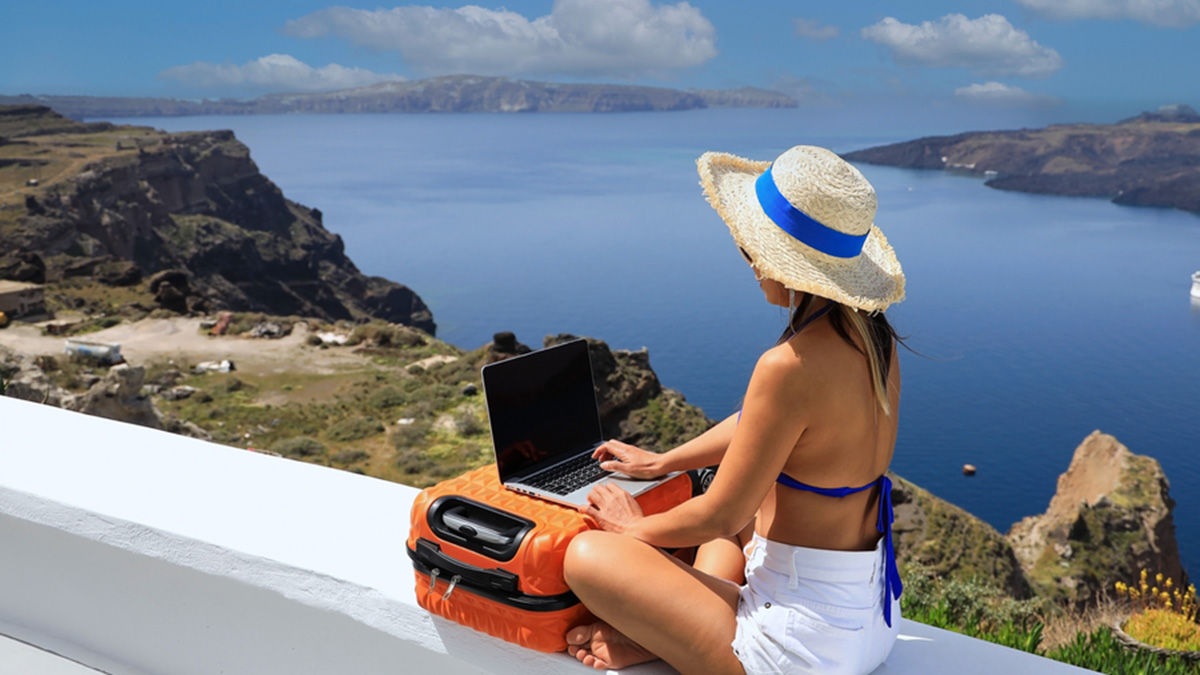
Now that working from home has become more popular since the pandemic, many South Africans are looking for attractive locations for that ‘home’ to be… where they can work while travelling and exploring new destinations. And Malta, a tiny European island in the Mediterranean which offers a digital nomad visa to South Africans, is becoming an increasingly popular destination.
For a start, English is spoken throughout the island as it’s one of the official languages. (Maltese is the other.) The restaurants are great, plus the weather will remind you of Joburg. It has over 300 days of sunshine annually. And, unlike much of Cape Town, the sea water is warm almost all year round, except for winter, according to SA expat Jacqueline Ruiters who has been living there for a few years. Plus there’s a 5G network across the island.
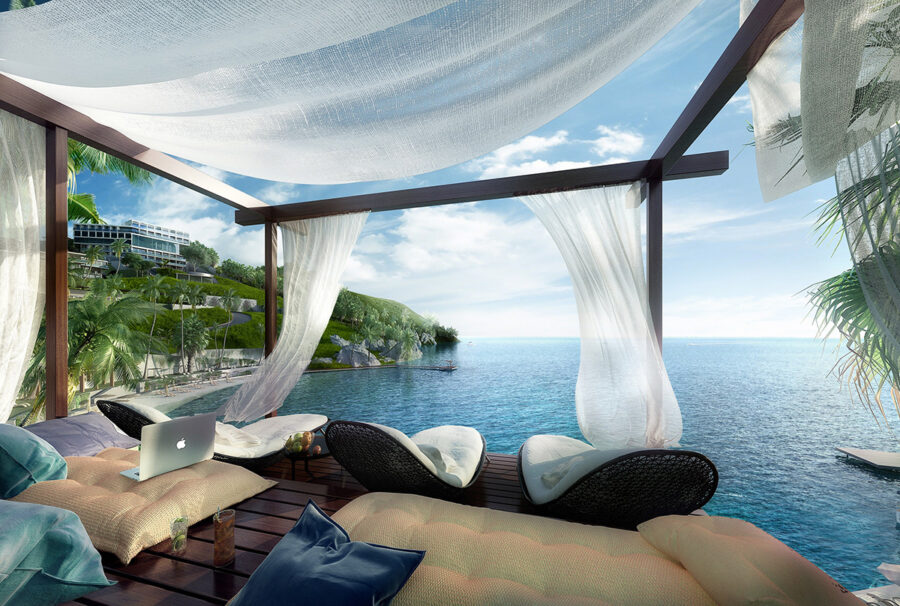
Like many South Africans who move abroad, Jacqueline has become a ‘serial expat’ having moved to a few continents before finally settling in Malta, a picturesque island with breathtaking landscapes and a rich cultural heritage.
“It’s sunny and safe,” says Jacqueline, “with more sunshine days than most European countries. You could call it a barren rock as there are not many trees around. During winter there’s more greenery seen. They drive on the left too. We brought our car from Oz as cars are generally expensive.”
She does warn though that “a lot of roads are narrow and driving generally is a nightmare”, but fortunately Malta has good public transport, including a ferry from Jacqueline’s part of the island to the historic capital Valleta that’s just a 10-minute ride.
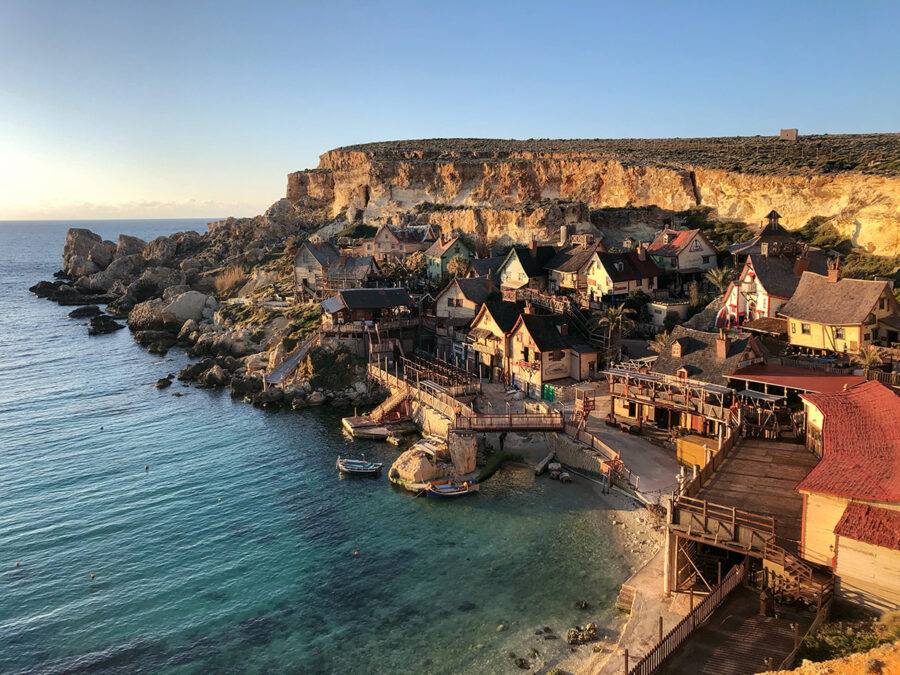
“Living on a small Island has its pros and cons but luckily we get off the island often… One has to get off otherwise you’ll go a bit cuckoo. Our closest neighbour is Sicily. We had a great time exploring Sicily, staying at different places every night when the ferry back to Malta was cancelled due to strong winds a few years ago.”
Malta saw its worst storm in 37 years in February 2019. “The storm was dubbed as Hurricane Dnegel (yes, that is Legend spelled backwards), even though it wasn’t a hurricane at all,” says Jacqueline. The winds, at 113km/hour were 5km short of being classified as a hurricane.
“Fish landed on the promenade with no fishermen in sight, washed ashore from their fish farms close by which were destroyed. We made a mental note to never ever be here in February again, especially as it is Winter too.”
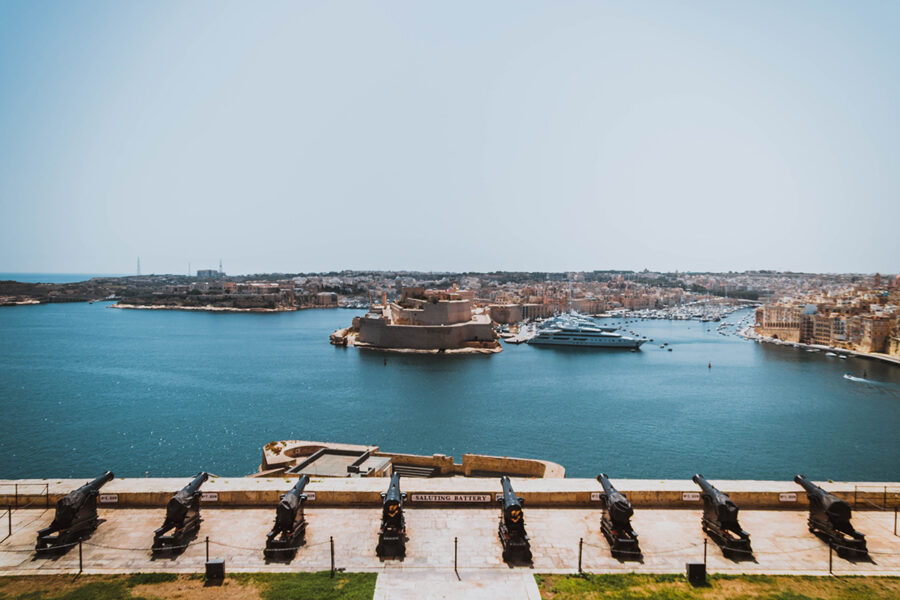
Jacqueline points out one difference with SA, is that in Malta “you can’t buy anything on the street corners. No begging here as it’s considered illegal.”
For her, a “Big Plus” is being able to swim in warm water throughout much of the year (something she was unable to do in the Western Cape because of the coldness, and too scared to do when she lived in Australia because of sharks!).
“Malta’s downfall is all the construction taking place. Cranes are seen everywhere! When we first came 14 years ago just to look and see, it wasn’t like this at all. If you want to see the positive side of that… you could say the place is booming. Plus the local taxes are very low.”
Jacqueline sends photos regularly to her grown-up children in Australia and says: “They would love to be here with us, as they think we’re living a great life. Being so close to the rest of Europe we’ve been to Venice, Croatia a few times, beautiful Slovenia and we’re planning on joining a small group of Maltese hiking in Slovakia next month! Never a dull moment. Life is good ![]() “
“
South Africans who can prove they’re earning at least €2,700 per month, plus have a rental contract or property purchase, can qualify for Malta’s digital nomad visa, called the Nomad Residency Permit. It allows non-EU remote workers to remain for a year, and can be renewed.
AC Hotels by Marriott recently opened its first property on the island (with 106 guest rooms), in the coastal town of St Julian’s, where expats and SA’s digital nomads can unwind on the rooftop terrace and take a dip in the heated pool. The hotel says it also “offers an indoor pool and a well-equipped gym featuring state-of-the-art Matrix equipment. Whether it’s a rejuvenating swim or an invigorating workout, the hotel caters to all aspects of a digital nomad’s wellbeing.”
Digital nomad visas – which give you the right to stay in a country while working remotely for a foreign company – have increased hugely in popularity, from 21 countries offering them in Feb 2021 to 58 countries in mid-2023.
If you have any tips for South Africans on living in any country abroad, or moving back home, please feel free to share with us. Write to jen@sapeople.com
